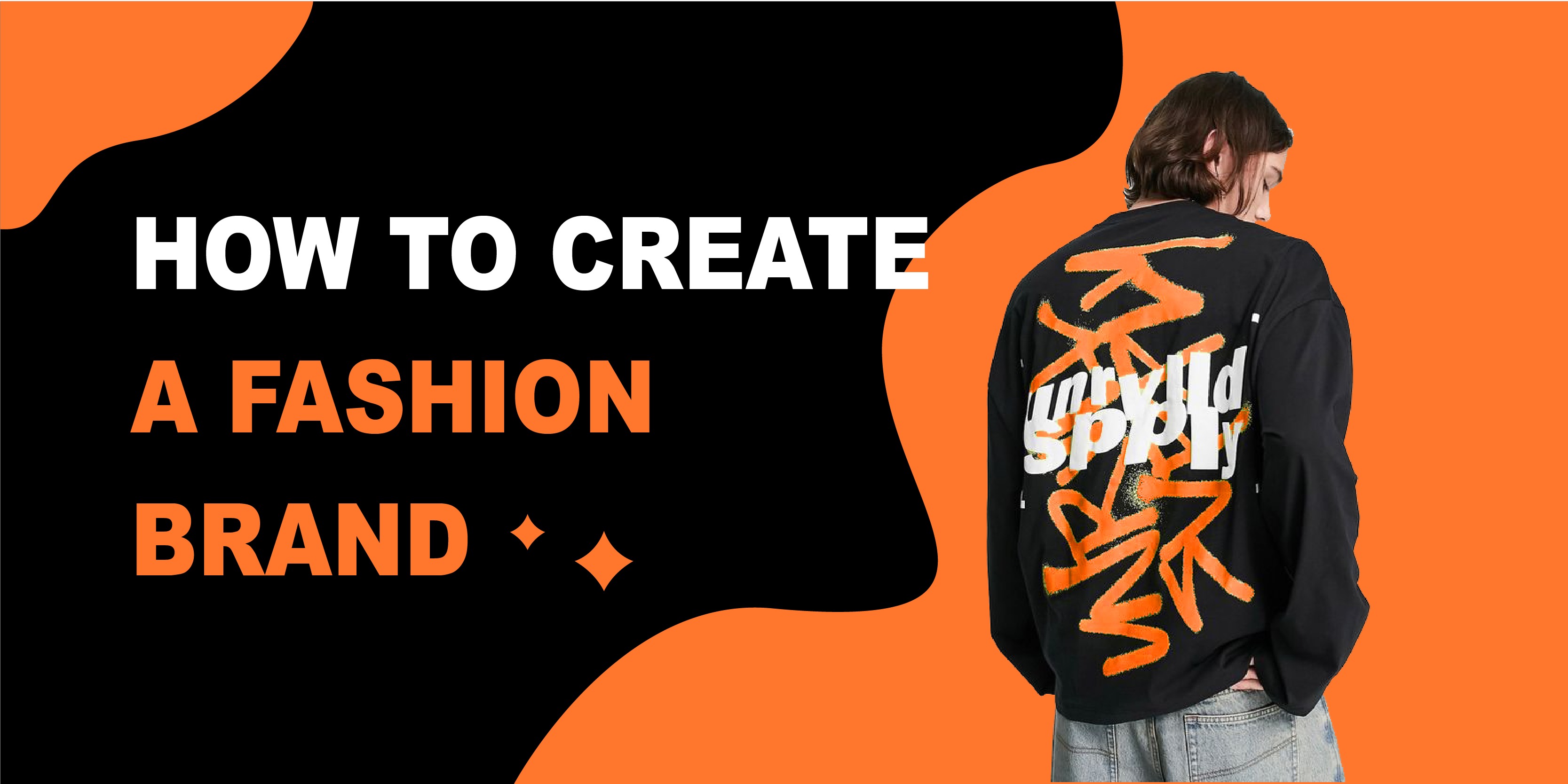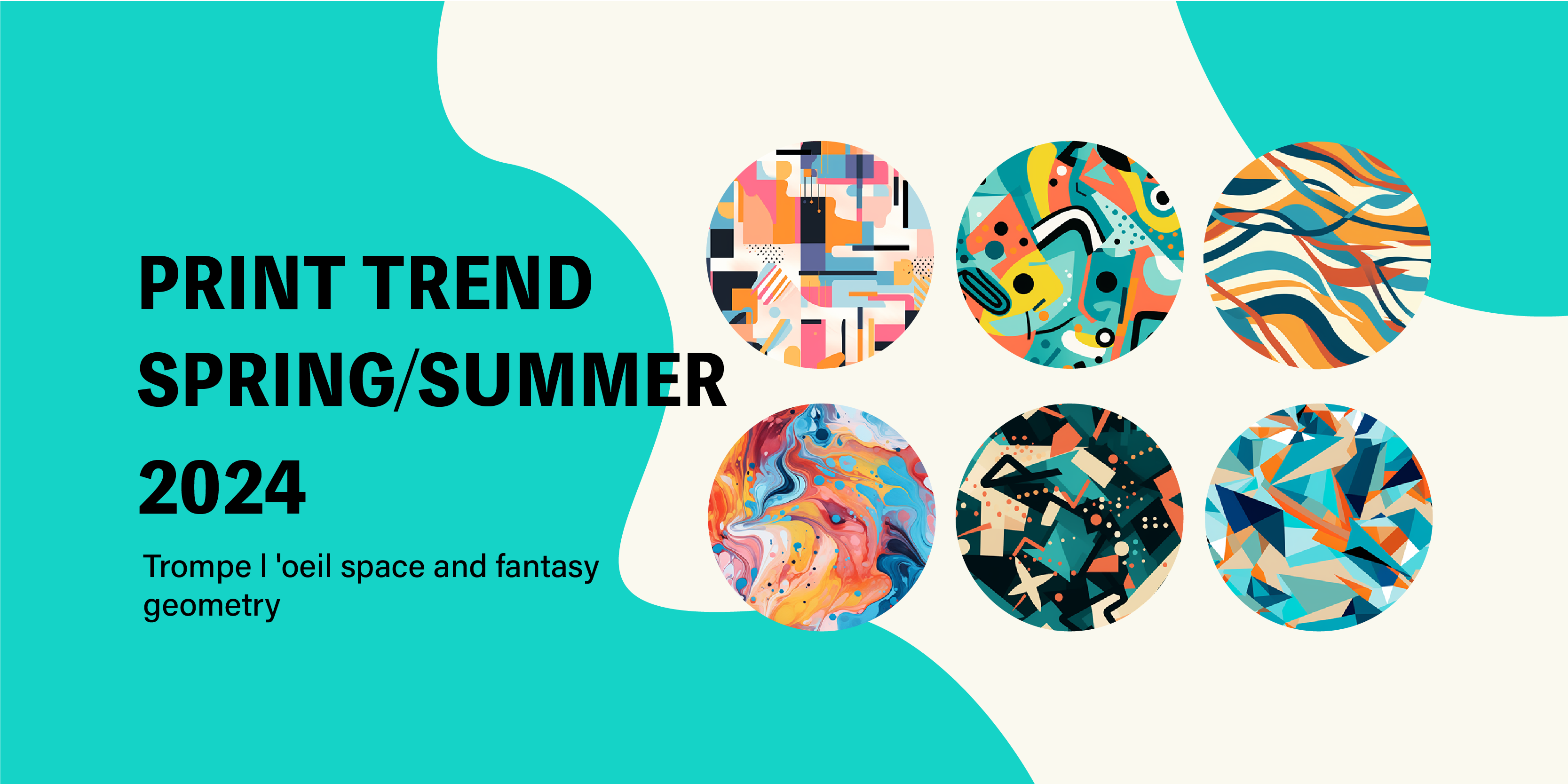Starting a fashion brand involves several key steps, each important for building a successful business. Here's a general guide to help you begin:
1. Research and Conceptualization
Market Research: Understand the current fashion market, trends, and identify your target audience.
Brand Identity: Define what your brand stands for, its values, and its unique selling proposition.
2. Design and Product Development
Design: Develop your initial designs. Consider using designs from LULUCUSTOM templates.
Materials and Suppliers: Source quality materials and reliable suppliers. LULUCUSTOM will provide you with high quality products with 100% satisfaction guaranteed. We currently provide you with two categories of yoga clothing and T-shirts, and we will provide you with more products to meet your diverse needs.
Sampling: Create prototypes of your designs to test fit, quality, and appeal. LULUCUSTOM supports a minimum order, easy to take samples without inventory.
3. Business Planning
Business Model: Decide on your business model (e.g., direct-to-consumer, wholesale).
Financial Planning: Prepare a budget, including startup costs, pricing strategy, and financial projections.
Legal Aspects: Register your business, trademark your brand, and understand the legal requirements in your region.
4. Production
Manufacturing: Choose between local or overseas production, considering cost, quality, and ethical practices.
Quality Control: Implement strict quality control measures.
5. Marketing and Sales
Branding: Develop a strong brand identity, including logo, tagline, and brand story.
Marketing Strategy: Plan your marketing campaigns, leveraging social media, influencer collaborations, and PR.
Sales Channels: Decide where to sell your products (online, physical stores, pop-ups).
6. Launch
Launch Plan: Create a launch strategy to generate interest and excitement.
Website and E-commerce: Set up a professional website and e-commerce platform.
7. Growth and Scaling
Customer Feedback: Gather feedback and use it to improve.
Expansion: Explore new markets, product lines, or scaling production.
8. Sustainability and Ethical Considerations
Eco-Friendly Practices: Consider the environmental impact of your materials and production processes. LULUCUSTOM considers environmental and sustainability factors, uses environmentally friendly materials and technologies, and promotes the concept of green design!
Ethical Labor Practices: Ensure fair labor practices in your supply chain.
Tips:
Networking: Build relationships in the fashion industry.
Continuous Learning: Stay updated with fashion trends and business strategies.
Patience and Resilience: Be prepared for challenges and setbacks.
Remember, the fashion industry is competitive, and success often requires a combination of creativity, business acumen, and persistence. Consider seeking mentorship or advice from experienced professionals in the industry.


